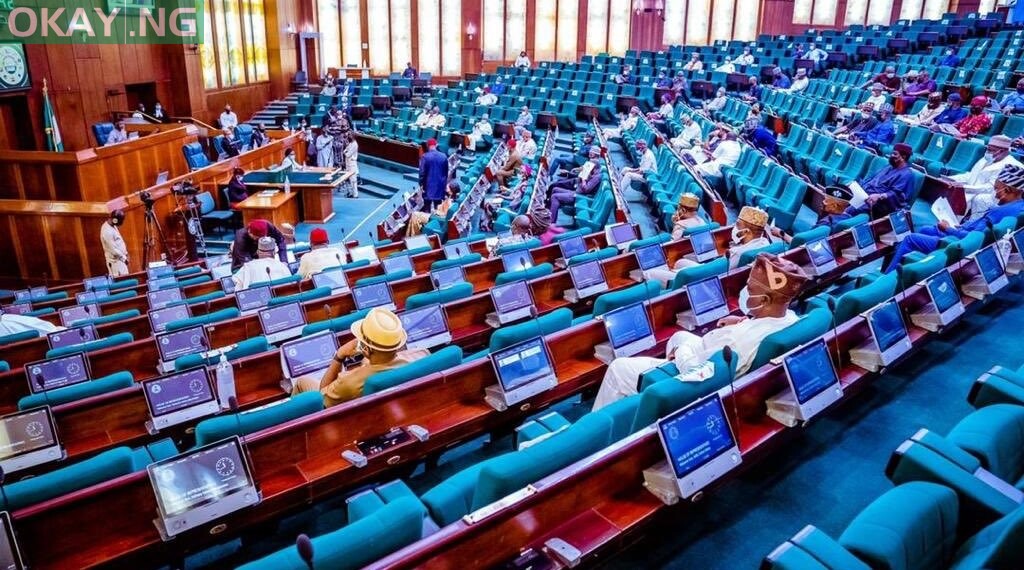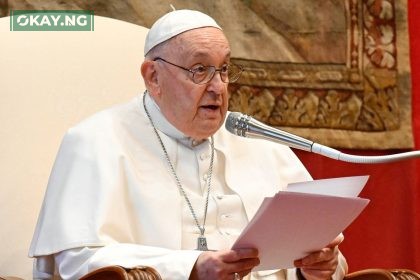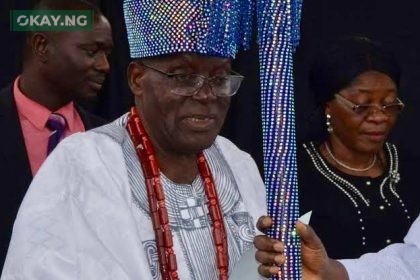In a dramatic reversal, the House of Representatives has retracted its recently passed bill aimed at altering the 1999 Constitution to significantly curtail the immunity granted to top political officeholders. This legislative about-face, announced by Deputy Speaker Benjamin Kalu during Thursday’s plenary, signals a pause for deeper deliberation on a measure that ignited widespread debate concerning accountability and the rule of law.
The controversial bill, sponsored by Solomon Bob, sought to amend Section 308 of the Constitution, which currently shields the President, Vice President, Governors, and Deputy Governors from legal prosecution during their tenure. The initial passage of the bill on Wednesday proposed a qualified immunity for the President and the complete removal of immunity for Vice Presidents, Governors, and Deputy Governors.
“We felt it was necessary to allow for further debate and scrutiny,” Kalu stated, suggesting that the complexity of the proposed amendments necessitated a more thorough examination. This decision comes amidst growing public and legal discourse about the balance between protecting the sanctity of high office and ensuring that those in power are not above the law.
The implications of such an amendment are profound. Currently, Section 308 acts as a shield, preventing civil and criminal lawsuits against these officials while they serve. However, the proposed changes, if enacted, would expose Vice Presidents, Governors, and their deputies to potential legal action during their time in office. For the President, the immunity would be qualified, meaning legal actions could proceed under specific circumstances.
“Imagine the weight of responsibility these individuals carry,” one legal analyst commented, “The current immunity is designed to allow them to focus on governance without constant legal distractions. However, what about the public’s right to seek justice?”
The debate highlights a fundamental tension: the need to safeguard the executive function versus the imperative to ensure public officials are held accountable. Nigeria, like many nations, grapples with the challenge of balancing these competing interests. According to Transparency International’s Corruption Perception Index, Nigeria continues to face significant challenges in combating corruption, ranking 145 out of 180 countries in 2023. This context underscores the urgency felt by many Nigerians for increased accountability in public service.
“As citizens, we often feel powerless when we see instances of alleged corruption or abuse of power,” a civil society advocate expressed. “The removal of blanket immunity was seen by many as a step towards restoring faith in our institutions.”
The House’s decision to revisit the bill indicates a recognition of the complex legal and political ramifications. The implications of this bill extend beyond the immediate legal landscape, potentially reshaping the dynamics of power and accountability within Nigeria’s political system. The outcome of this legislative process will undoubtedly be closely watched by citizens and observers alike, as it will signal the nation’s commitment to upholding the rule of law and promoting a culture of accountability.











